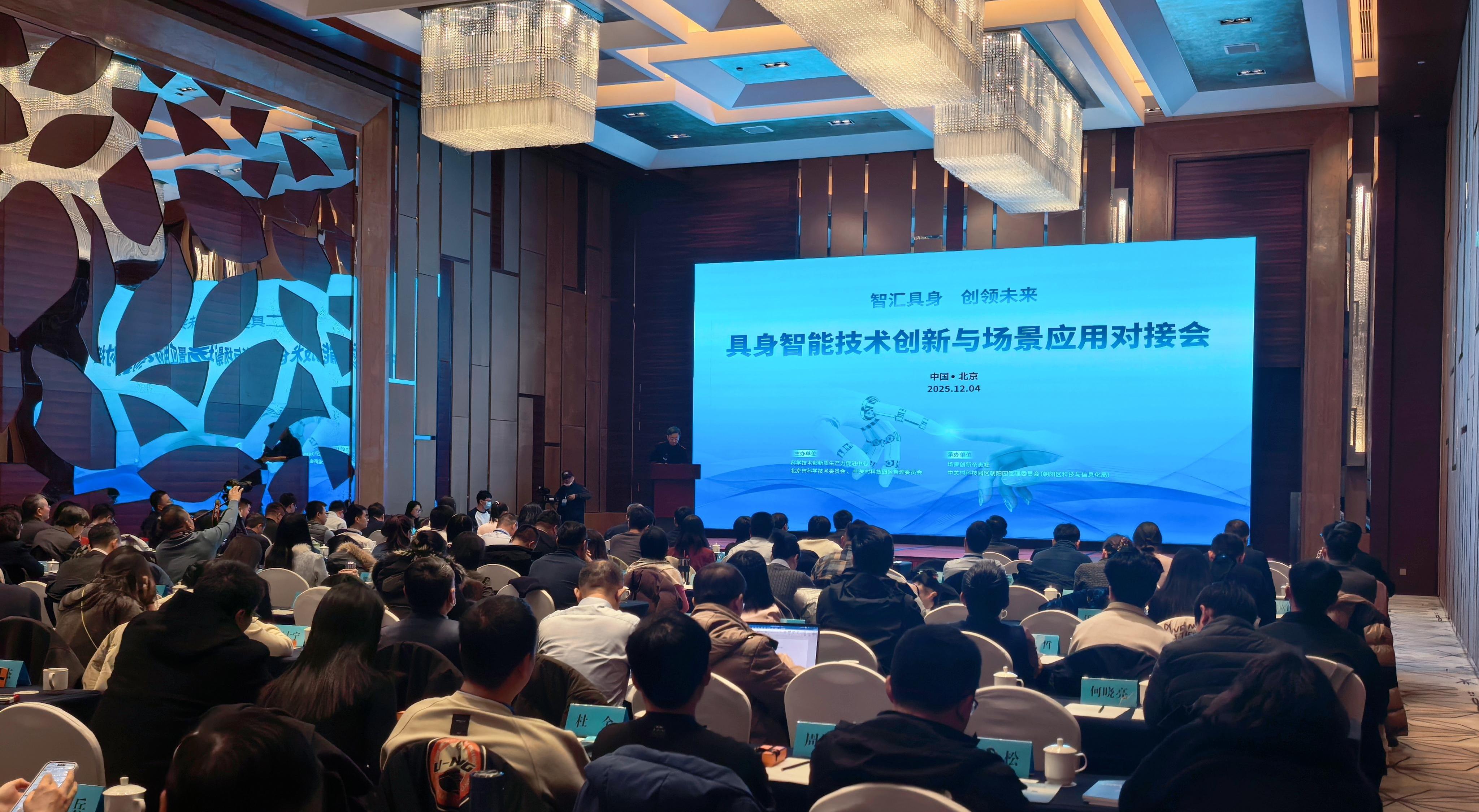Pakistani Barren Region Turns Green
Staff checking the growth of flowers in a nursery in Gwadar, Pakistan. (PHOTO: XINHUA)
By LU Zijian
For the past few years, with help from Chinese specialists, green plants have spread over south Pakistan's Gwadar region, a place dominated by hot desert climate.
Abdul Rahim, Assistant Director Environment, Gwadar Development Authority, said that over 95 percent of local residents' income is dependent on fishing, and such dependence on a single industry has limited local development.
To develop a plant industry in hot and dry Gwadar, Rahim said, it requires high-level agricultural technology and expertise, a previous problem now solved by the arrival of Chinese specialists.
An engineering and research center on tropical arid economic forests was established in Gwadar several years ago by Chinese and Pakistani universities, research institutes and enterprises in order to improve local greening and climate.
Zhang Hanyang, deputy director of the research center, said that there used to be very few plants in the region due to the local climate and saline-alkali soil. The researchers discovered plant species that fit the local climate after soil amelioration and researching water and growth habits of local plants, said Zhang, adding that more of such plant seedlings were developed and bred to improve the local environment as a whole.
Income generating plants, such as juncao and alfalfa were among the research topics. With the help of Chinese experts, juncao has grown as tall as a man in the test field. A local livestock farm manager said that the goat meat from his farm was very tender and ewes had more babies, because they fed the livestock with grass selected and bred by Zhang's team.
Planting technology of vegetables and fruits also produced good results. Local bananas, dates and ginger have flourished after farms applied the breeding and grafting techniques taught by the Chinese.
Bugichi, a local greenhouse administrator, said that they are now able to grow many kinds of fruits and vegetables, despite the fact that such plants did exist previously or were one found in small quantities.







